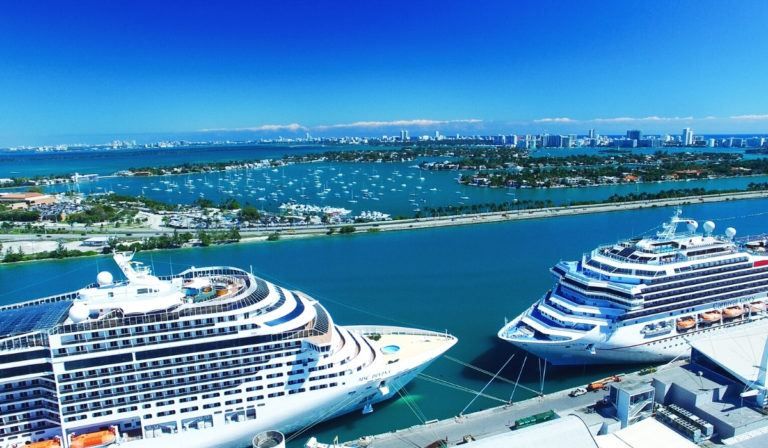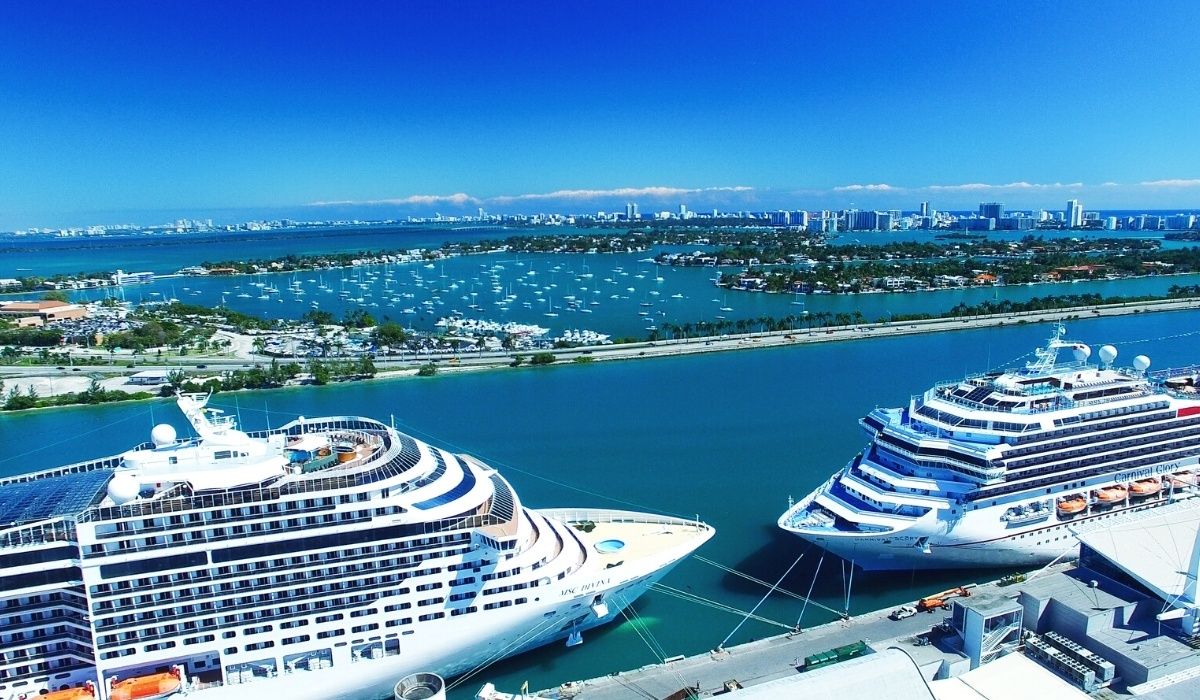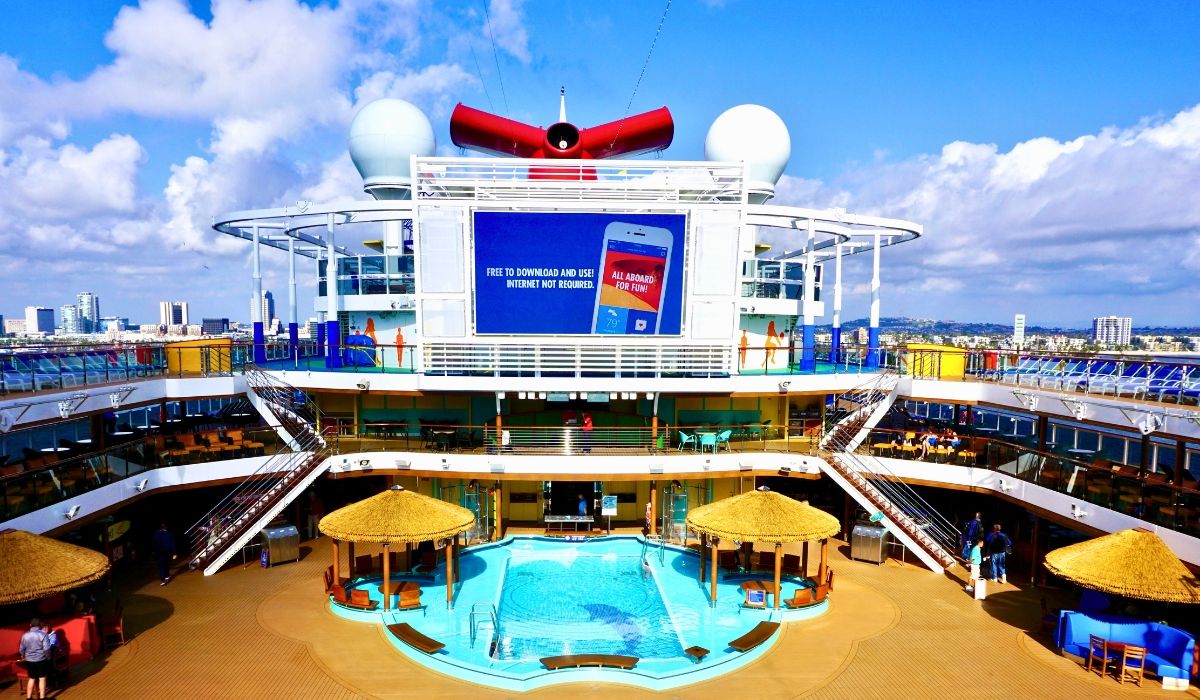The CDC continues to recommend that individuals avoid travel on cruise ships, including river cruises, worldwide. Further, cruise ship travel remains categorized at Level 4: “Very High Level of COVID-19”. However, the organization has updated its guidelines for those who do go on a cruise during the pandemic. If you plan to cruise this summer, you will want to read the specifics of the CDC updates advice for cruise travel.
Cruise Restart Plans
There has been a lot of media attention recently surrounding cruise restarts. Despite all the stringent health and safety protocols announced recently by cruise lines, it is clear that the CDC still does not want cruising to resume.
If you have been following along with the CDC updates recently, then you know on April 2nd, the CDC introduced its new Technical Instructions. These guidelines were for Phase 2a in its phased approach to the resumption of cruising. This is the first time the organization had provided any updates since the Conditional Sailing Order (CSO) had been issued back in October 2020. Though, many indicate that these recommendations are “outdated” and “burdensome”. Further, they don’t align with the regulations for any other travel sector.
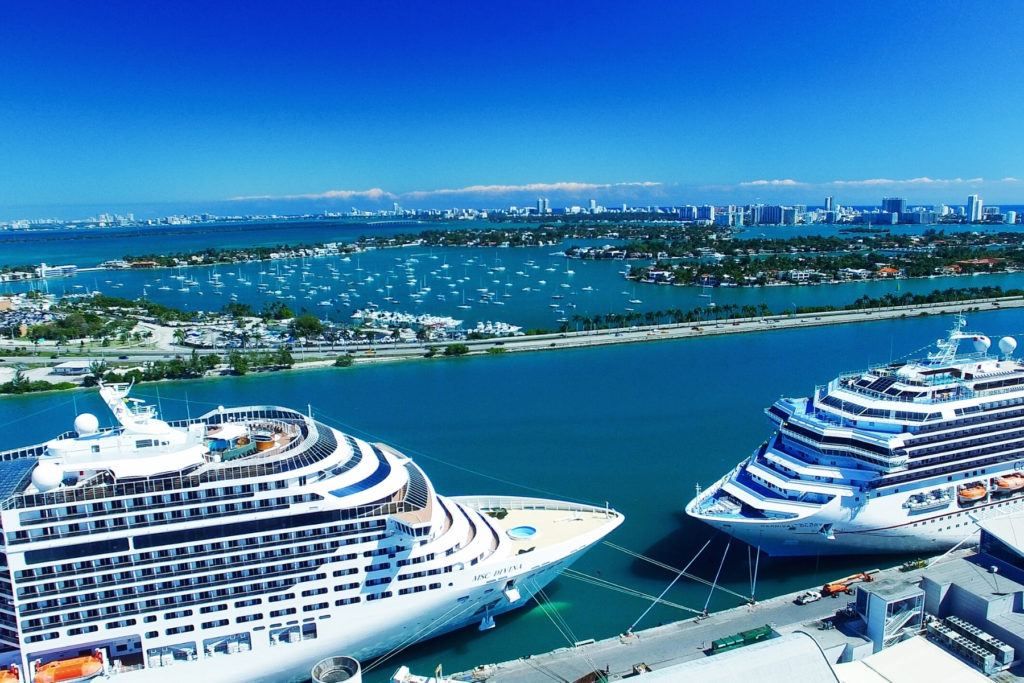
Thus, CLIA (Cruise Lines International Association), CEOs from the major cruise lines, and politicians have been very vocal recently about getting cruising resumed from the United States by July 4th. In fact, just yesterday, a few senators introduced a new bill to allow cruising to restart, aptly named the Careful Resumption Under Improved Safety Enhancements (CRUISE) Act.
While cruising from the U.S. this summer is still in limbo, many cruise lines like Royal Caribbean, Celebrity Cruises, and Norwegian Cruise Line have already announced restart plans this summer from outside the United States.
Related Post: All the Cruises Americans Can Take This Summer
CDC Updates Advice for Cruise Travel
Likely in response to these recent announcements, the CDC has updated its advise for cruise travel.
“At this time, CDC still recommends avoiding any travel on cruise ships, including river cruises, worldwide, because the risk of COVID-19 on cruise ships is very high. It is especially important that people with an increased risk of severe illness avoid travel on cruise ships, including river cruises.”
“Cruise passengers are at increased risk of person-to-person spread of infectious diseases, including COVID-19, and outbreaks of COVID-19 have been reported on cruise ships because of their congregate settings where COVID-19 spreads easily.”
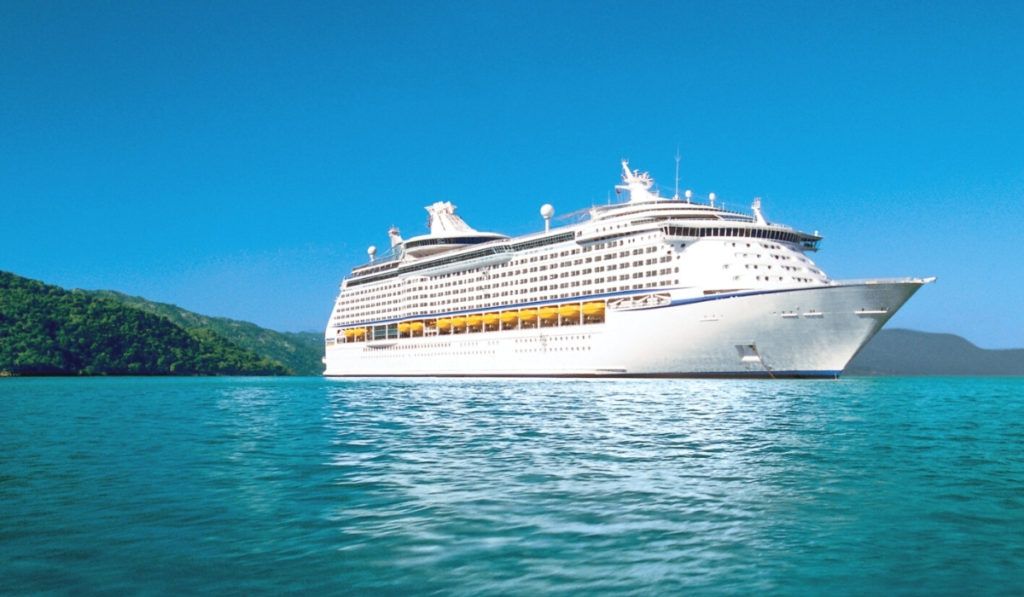
However, if you decide to go on a cruise ship, the CDC has issued advice for before, during, and after your travels.
Before you travel:
- Get fully vaccinated against COVID-19 if a vaccine is available to you.
- Get tested with a COVID-19 viral test 1–3 days before your departure, even if you are fully vaccinated.
While you are traveling:
- Stay at least 6 feet/2 meters (about 2 arm lengths) from anyone who is not traveling with you. It’s important to do this everywhere—both indoors and outdoors.
- Wear a mask to keep your nose and mouth covered when you are in shared spaces. Masks are required on planes, cruise ships, and other forms of public transportation traveling into, within, or out of the United States and in U.S. transportation hubs such as airports, seaports, and train and subway stations.
- Wash your hands often or use hand sanitizer (with at least 60% alcohol).
- Avoid contact with anyone who is sick.
- Avoid touching your eyes, nose, and mouth.
- If you have symptoms of COVID-19, stay in your cabin, and notify the onboard medical center immediately.
After you travel:
If you are fully vaccinated:
- Get tested 3–5 days after your trip.
- If your test is positive, isolate yourself to protect others from getting infected.
- Self-monitor for COVID-19 symptoms for 14 days after travel; isolate and get tested if you develop symptoms.
- You do NOT need to stay home and self-quarantine after cruise travel.
If you are not fully vaccinated:
- Get tested 3–5 days after your trip.
- If your test is positive, isolate yourself to protect others from getting infected.
- Self-monitor for COVID-19 symptoms for 14 days after travel; isolate and get tested if you develop symptoms.
- Stay home and self-quarantine for 7 days after cruise travel, even if you test negative.
- If you do not get tested, stay home and self-quarantine for 10 days after cruise travel.
- Avoid being around people who are at increased risk for severe illness for 14 days, whether you get tested or not.
If you return to the United States by air:
- All air passengers coming to the United States, including U.S. citizens and fully vaccinated people, are required to have a negative COVID-19 test result no more than 3 days before travel or documentation of recovery from COVID-19 in the past 3 months before they board a flight to the United States.
This biggest takeaway here is that individuals who take a cruise this summer, and are fully vaccinated, do NOT need to stay home and self-quarantine after cruise travel!
Stay up to date with all the latest cruise news and travel updates!
Comments
What do you think of the CDC updating its advice for cruise travel? Do you have a cruise booked this summer? Drop us an anchor below to share your thoughts on all the recent cruise restart headlines.






